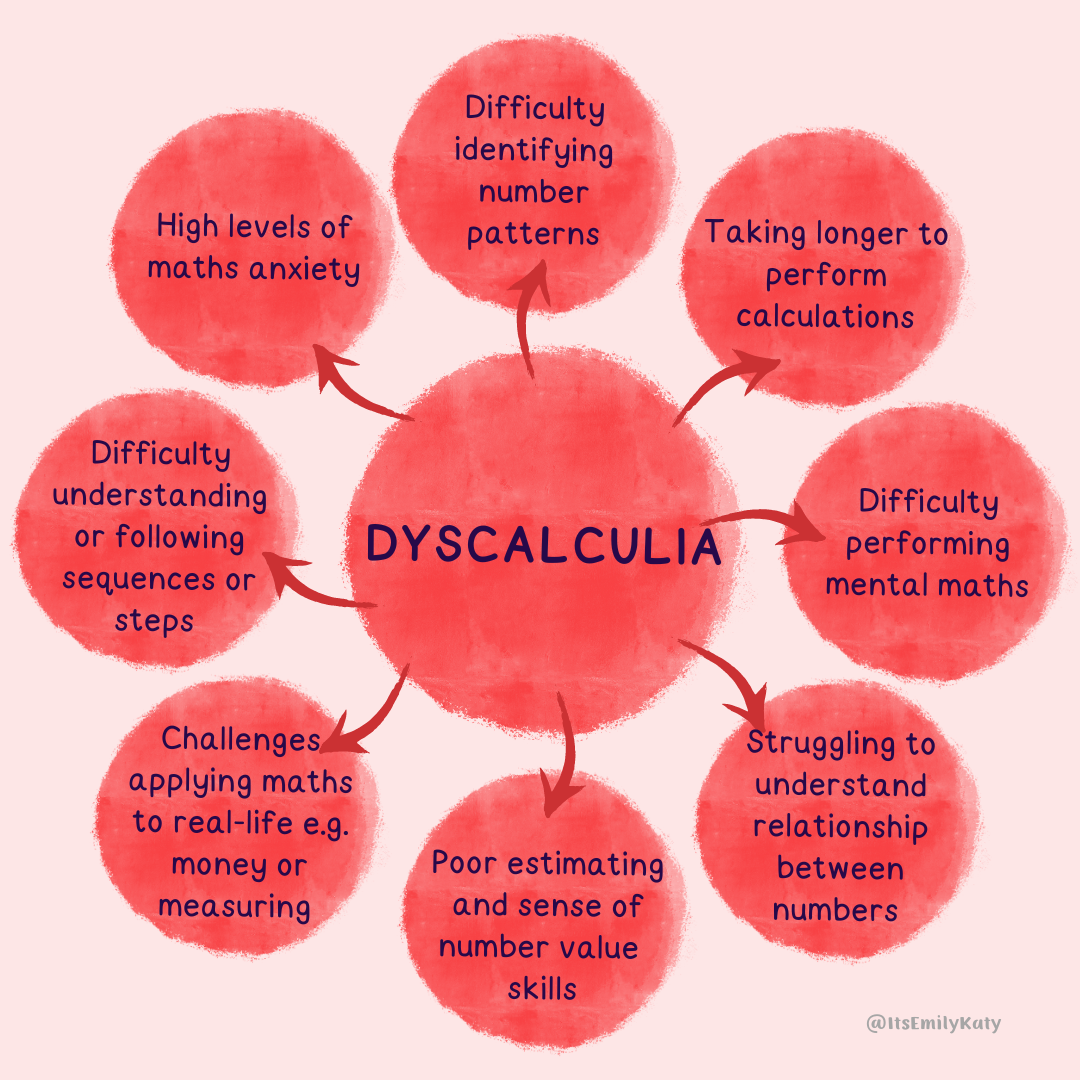Neurodiversity Celebration Week
It’s Neurodiversity Celebration Week - a week for neurodivergent people to celebrate their neurodivergence (if they want to), to challenge stereotypes and misconceptions and to advocate for more inclusive and supportive environments where everybody can flourish.
The week was founded in 2018 by teenager Siena Castellon (author of ‘The Spectrum Girl’s Survival Guide: How to Grow Up Awesome and Autistic’) and has grown bigger every year. Schools and workplaces up and down the UK and across the world will take part. Children and young people will (hopefully) learn more about neurodiversity - a word I had never even heard of growing up (and that wasn’t that long ago!). There is a full week of events this week and you can find out more on their website here.
It is widely said that ‘neurodiversity’ was coined in 1998 by Judy Singer in her thesis. But this isn’t true. As Botha et al (2024) discuss in their paper ‘The neurodiversity concept was developed collectively: An overdue correction on the origins of neurodiversity theory’, the words ‘neurological diversity’ and ‘neurodiversity’ were first printed in 1997 by Harvey Blume, a journalist who attributed the terms to the online community of autistic people, such as the ‘Institute for the Study of the Neurologically Typical’. Neurodiversity and our understanding of it was developed by many people, not one single person.
“For some time, the concept of neurodiversity has primarily been attributed to one person, Judy Singer. We consider the available evidence and show that the concept and theory in fact has multiple origins. We draw particular attention to recent archival findings that show the concept of ‘neurological diversity’ was being used years earlier than previously thought. ‘Neurodiversity’ means the same thing as ‘neurological diversity’ and does not change the theory in any way. We conclude that both the concept of neurological diversity or neurodiversity, and the body of theory surrounding it, should be understood as having been collectively developed by neurodivergent people.”
Neurodiversity refers to the diversity of human minds. It is the idea that all of our brains are different and that there is no single ‘normal’ way to function, behave or think. Neurodiversity refers to ALL people and includes both neurodivergent and neurotypical people. You can’t be ‘neurodiverse’ (as is often said) because an individual cannot be diverse - you need variation for something to be diverse.
Neurodivergence refers to people whose minds differ from the norm - or what society expects is normal. The word ‘neurodivergent’ was coined in 2000 by Kassiane Asasumasu, a neurodivergent activist.
“Kassiane Asasumasu coined the terms neurodivergent and neurodivergence, circa 2000. According to Asasumasu, these terms refer to people “whose neurocognitive functioning diverges from dominant societal norms”. She intended for the terms to apply to a broad variety of people, not just those with neurodevelopmental differences such as autism, ADHD, and dyslexia. She emphasised that neurodivergent and neurodivergence should not be used to exclude people, but rather to include them, stating: “Neurodivergent explicitly and loudly includes mental illness (or psychiatric disability for those who prefer that term)”.”
I am neurodivergent because I am autistic, I have ADHD and I have OCD. Neurodivergence doesn’t just refer to autism and ADHD, or even just to Dyslexia or Dyspraxia (though all of these are of course included). Neurodivergence actually refers to anyone whose mind differs from the so-called norm - that includes mental health conditions and acquired neurodivergence - like PTSD or Schizophrenia. If this is a new idea to you, I highly recommend following Sonny Jane Wise (@livedexperienceeducator) and checking out their work.
Why Celebrate Neurodiversity?
We are all different - and that is a wonderful thing. It’s a cliché, but it is true, that the world would be a boring place if we were all exactly the same!
To take back power from those who see us as 'disordered’ or who see our neurodivergence as a deficit (a.k.a. like the diagnostic criteria). This does not mean that we aren’t disabled, but who we are isn’t disordered.
To recognise our strengths - for me, being autistic helps me to see things in different ways, it means I am highly determined (if a bit stubborn!), passionate about things I am interested in and fiercely loyal due my strong sense of justice. My ADHD means that I have an abundance of enthusiasm and energy (most of the time) and am inquisitive and creative.
To call for action to make workplaces and environments more inclusive to accommodate our needs, so that we can thrive too.
To show that it’s okay to be ourselves and we don’t have to change to fit in.
So, happy Neurodiversity Celebration Week!
And here’s a reminder that you can purchase my neurodiversity mindmaps as PDF downloads from the store page on my website.
GIRL UNMASKED (The Sunday Times Bestseller) is available to order from Amazon and all major bookstores as a hardback, paperback, audiobook and ebook.
linktr.ee/itsemilykaty
If you would like to support my blog on a one-off or monthly basis, you can here: https://buymeacoffee.com/itsemilykaty












